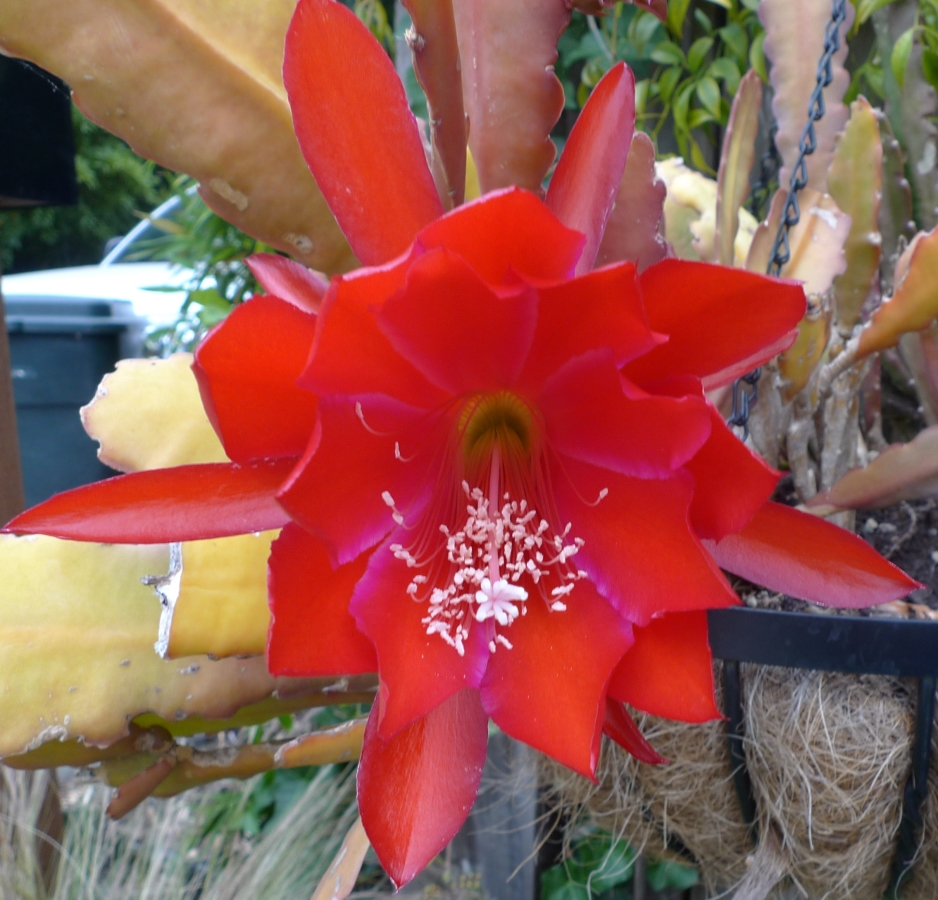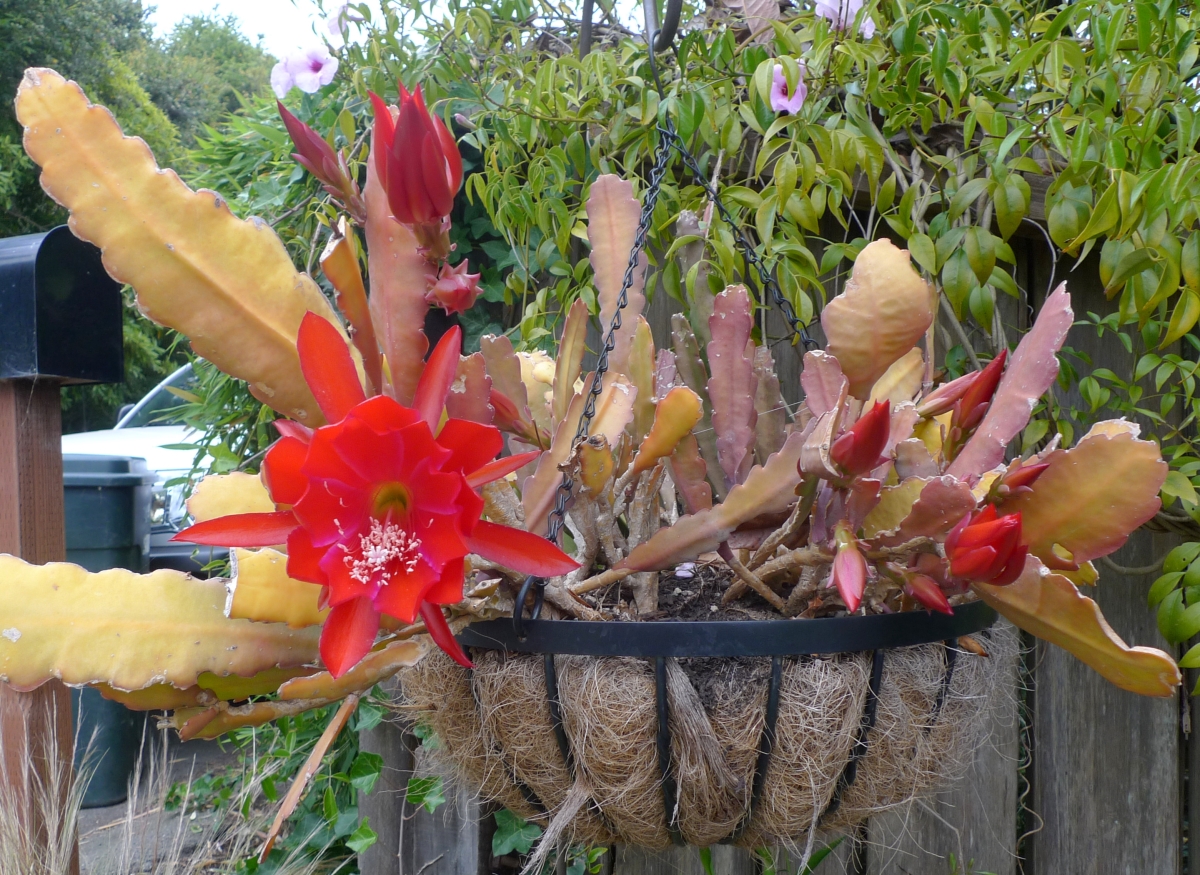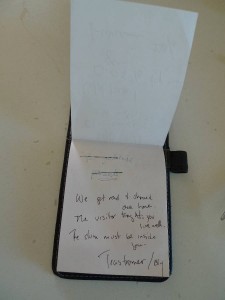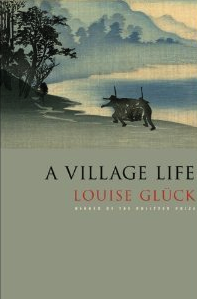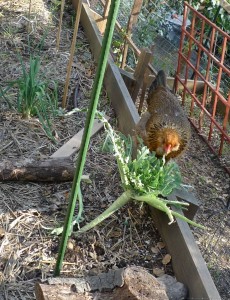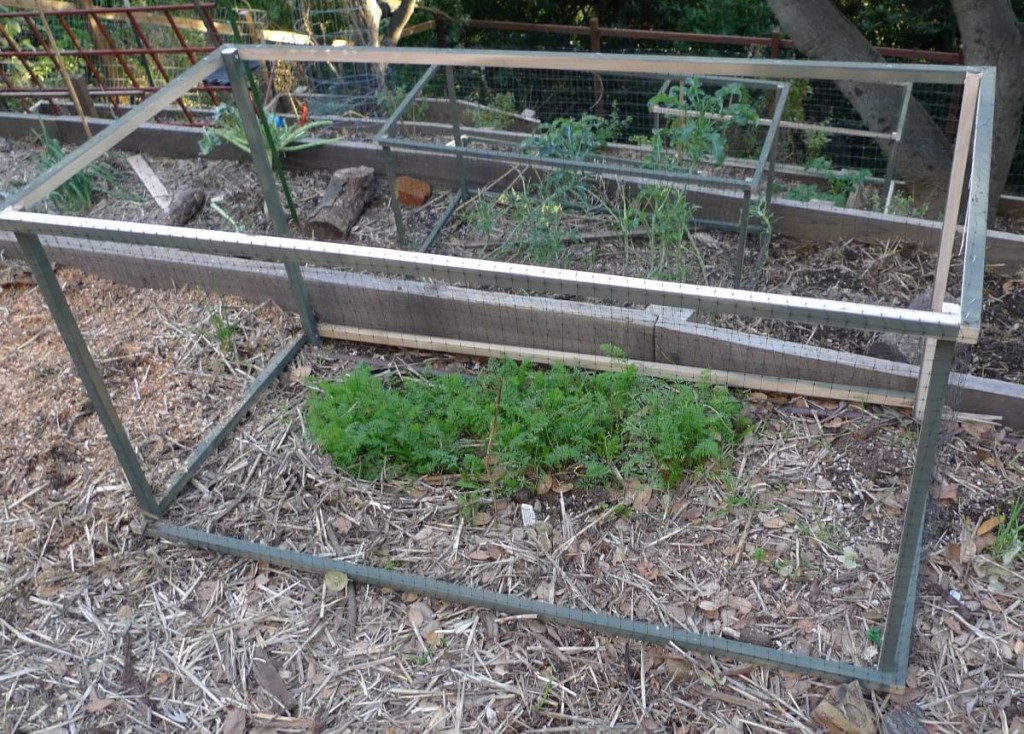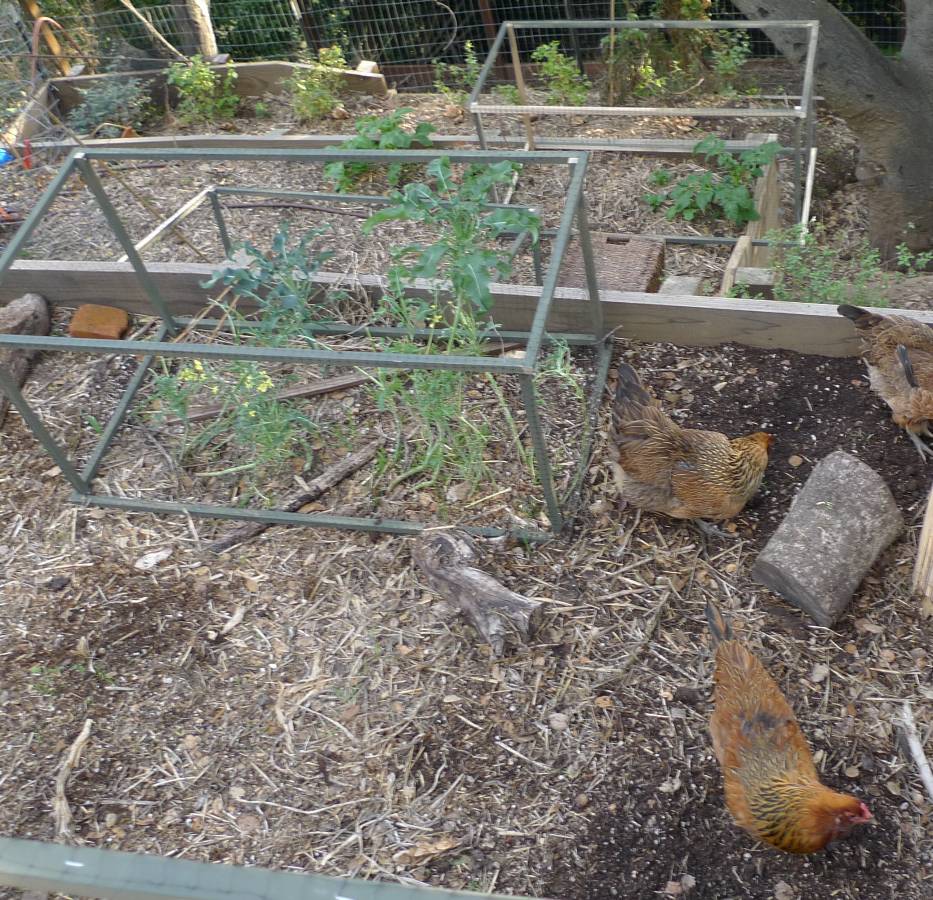Well, the fig poem project has been fun. Of course, the fig is the leaf that Eve and Adam use to cover their nakedness. It’s been around a long time. I wondered, what about that expression “I don’t give a fig.”? I looked it up and discovered:
 The saying is based on the Spanish Fico (= Fig) which gave its name to a traditional gesture of contempt made by placing the thumb between the first and second fingers… Making the Fig of Spain is called in Spanish “dar una higa.” But the Spanish for “fig” is “not “higa” but “higo”. There is a pun here, because “higa” means the female genitals – which is what the thumb peeping out between the fingers of the closed fist is meant to represent.
The saying is based on the Spanish Fico (= Fig) which gave its name to a traditional gesture of contempt made by placing the thumb between the first and second fingers… Making the Fig of Spain is called in Spanish “dar una higa.” But the Spanish for “fig” is “not “higa” but “higo”. There is a pun here, because “higa” means the female genitals – which is what the thumb peeping out between the fingers of the closed fist is meant to represent.
Given all this, I thought that there must be other fig poems. I did a quick search and found several. One of Edna St. Vincent Millay’s books is called Figs and Thistles, and the famous quatrain:
My candle burns at both ends;
It will not last the night;
But ah, my foes, and oh, my friends—
It gives a lovely light!
is called “First Fig.” Less well known is “Second Fig”:
Safe upon the solid rock the ugly houses stand:
Come and see my shining palace built upon the sand!
Of course, these don’t have much to do with figs. In fact few of the poems I found dealt as particularly with the fig as the blackberry poems do with the blackberry. So here is my effort to write a fig poem that is really about (or at least mostly about) the fig.
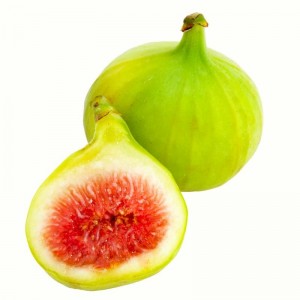 Consider the Fig
Consider the Fig
Why do poets seek the black art
of the berry when the fig parts
the leaves like a talisman,
slips into the outstretched palm?
A one-thumbed glove,
the fig has nothing to prove.
Soft as a scrotum,
smooth as a baby’s bottom,
smug as a full house
where wasps drowse
and raccoons wait
to plunder by night.
Spun gloss of end of summer, concentrate
of lush long days: late
slanted shadows, sleepy children
loll in their parents’ arms,
toys scattered, lawn chairs akimbo,
hammocks swing empty. Slow
dusk drapes the landscape
and fig seeds detonate
on the tongue in one last bright
blaze of honeyed light.
Meryl Natchez
In my brief scan of the poetic fig world, I did find two figgy offerings worth sharing. The first by Louise Gluck, is about faith:
from Vespers
Once I believed in you; I planted a fig tree.
Here, in Vermont, country
of no summer. It was a test: if the tree lived,
it would mean you existed.
By this logic, you do not exist. Or you exist
exclusively in warmer climates,
in fervent Sicily and Mexico and California,
where are grown the unimaginable
apricot and fragile peach. Perhaps
they see your face in Sicily; here we barely see
the hem of your garment. I have to discipline myself
to share with John and Noah the tomato crop.
If there is justice in some other world, those
like myself, whom nature forces
into lives of abstinence, should get
the lion’s share of all things, all
objects of hunger, greed being
praise of you. And no one praises
more intensely than I, with more
painfully checked desire, or more deserves
to sit at your right hand, if it exists, partaking
of the perishable, the immortal fig,
which does not travel.
Louise Gluck
And (happily) I discovered a poet new to me, a Scotsman, Roddy Lumsden.
My Life
The fig was full of worms.
The joke was on me.
The joke went over my head.
I made myself hollow for others.
I took delight in the sight of a trap.
I learned to lie with grace.
I tried to hide horned animals in a sack.
I ate the food and then the food ate me.
And when at last I danced the music stopped.
The cream was skimmed too soon.
My wings and tail were plucked.
My mouth was primed with mud.
My larynx was a shrine.
I left the room to talk about the others.
The thorn in time extracts the thorn.
My years were two of yours.
No bird was of my feather.
I was blait and toom and fykesome.
The rice just wouldn’t fluff.
I never lived it up
and never lived it down.
The fish was full of bones.
The skunk curled on my lap.
I was torn in the bush of ghosts.
The point was not worth proving:
the proof was in the pudding
in the form of a split penny.
The jellyfish was in my mouth.
The landslide happened in my mouth.
I pressed and pressed the button
but Truth wouldn’t happen.
Time wasted me and I wasted time,
like the night lost in the wynds
and back lanes, searching for a strut
that will take my weight when the time is right.
Roddy Lumsden
I like the playful seriousness of this poem, and the word play. There are a few strange words of Scots origin. I couldn’t find “blait” anywhere, but toom means empty and fyke is a fishtrap. Roddy may have made up fykesome, which based on various definitions might mean restless like a fish caught in a trap, or full of insincere flattery, or a combination of both. A third difinition of “fike” (noted as the root) is fig!
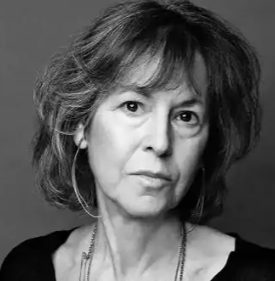 Louise Glück won the Nobel Prize in literature this week, and I’m so pleased. I really admire her work. And each book is different. Here’s a sample, from Averno.
Louise Glück won the Nobel Prize in literature this week, and I’m so pleased. I really admire her work. And each book is different. Here’s a sample, from Averno.
